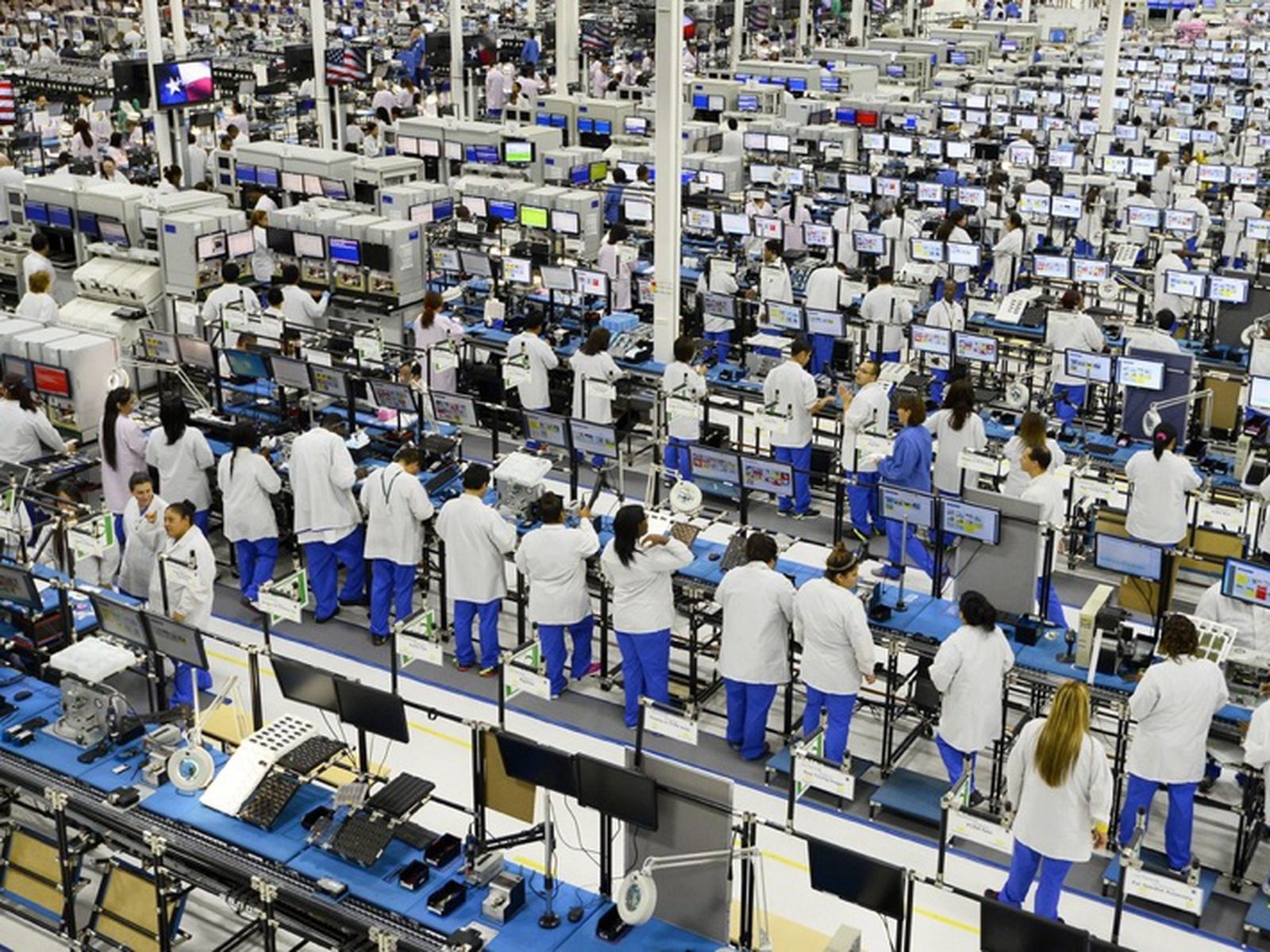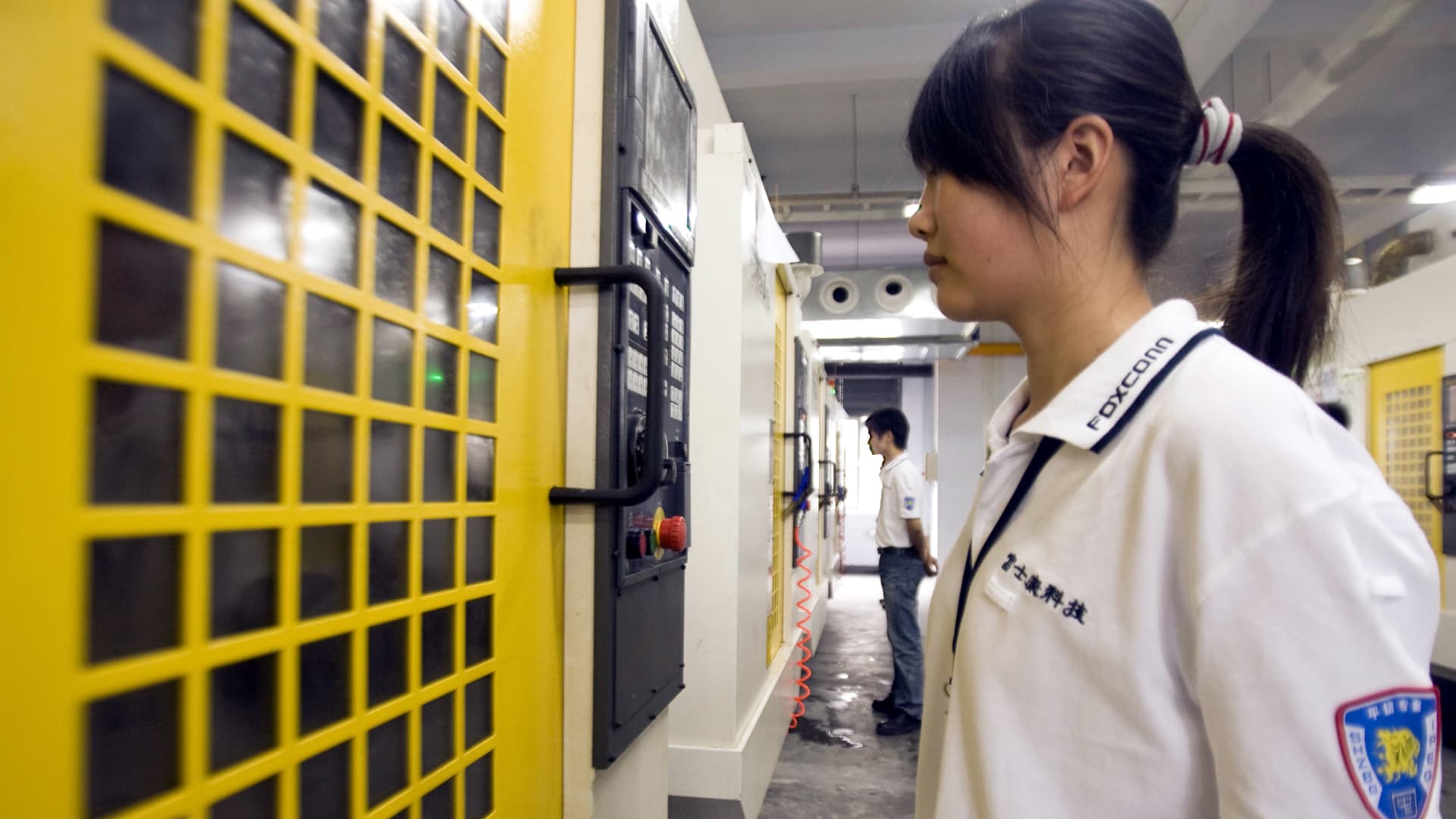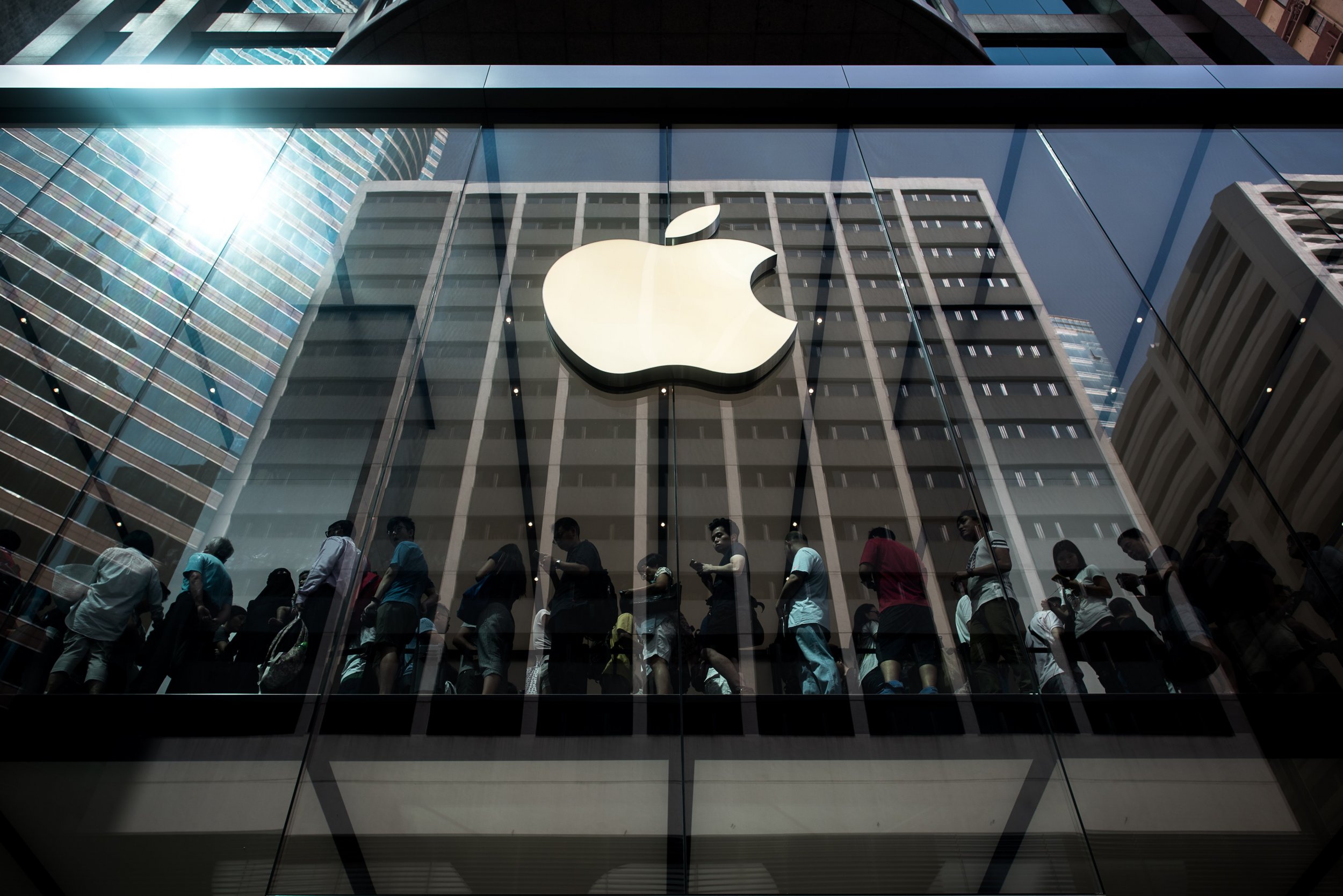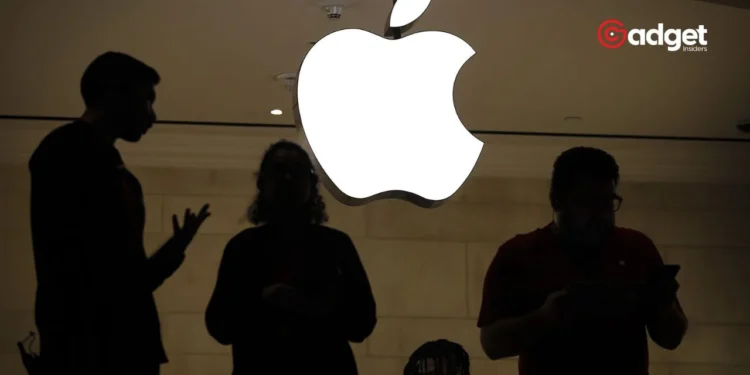In a significant ruling by the United States Labour Board, Apple Inc. has been found to have illegally interrogated employees at its World Trade Center store in New York City. This decision, delivered on Monday, underscores ongoing tensions between the tech giant and its retail workforce over unionization efforts.

Tensions Rise at Apple’s World Trade Center Store
The labour board’s decision comes as a part of a broader wave of organizing efforts among company store employees. Over the past couple of years, these efforts have seen varying degrees of success. Notably, employees at Apple’s stores in Maryland and Oklahoma successfully voted to unionize in 2022, although they have not yet secured collective bargaining agreements.
The ruling focused on several unlawful activities. According to the labour board, company management confiscated union flyers and prohibited employees from distributing them in common areas, such as the break room. Additionally, the company engaged in what has been described as “coercive interrogation” of staff concerning their union activities.

Legal and Corporate Repercussions for Apple
The panel, composed of three Democratic-appointed members of the National Labor Relations Board (NLRB), upheld an earlier decision by an administrative law judge. The judge’s findings last year highlighted that Apple’s actions in 2022 breached federal laws designed to protect workers’ rights to organize.
While Company, headquartered in Cupertino, California, declined to comment immediately following the ruling, the company has previously denied any wrongdoing. These legal challenges do not only stain company’s reputation as an employer but also highlight the ongoing struggle within the tech industry to balance corporate governance with workers’ rights.
Apple Violated U.S. Labor Laws With Anti-Leak Email https://t.co/Yr3BxAztLQ by @julipuli pic.twitter.com/jsmmY30KQe
— MacRumors.com (@MacRumors) January 30, 2023
What’s Next for Apple and Its Employees?
The implications of this ruling are far-reaching. Not only does it reflect on company’s labour practices, but it also signals potential challenges ahead as more stores could pursue unionization. The NLRB’s decision is pivotal as it is the first such ruling against company by the board’s members. However, Apple has the option to appeal this decision to a federal court.

Conclusion
As Apple faces these legal and organizational challenges, the tech world watches closely. The outcomes of these disputes will likely influence not only company’s operational strategies but also how other companies in the sector address employee rights and unionization. The ongoing developments underscore a significant shift in the dynamics between large tech employers and their workforce, signalling a possibly transformative period in the industry.










